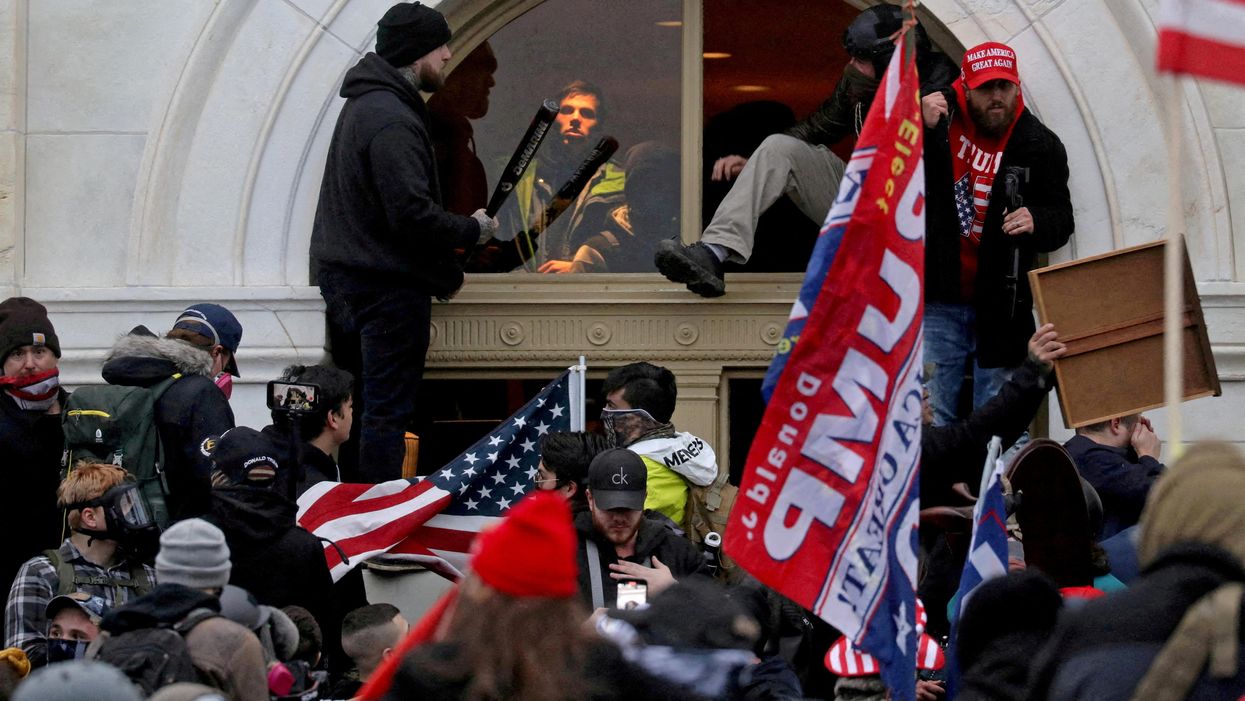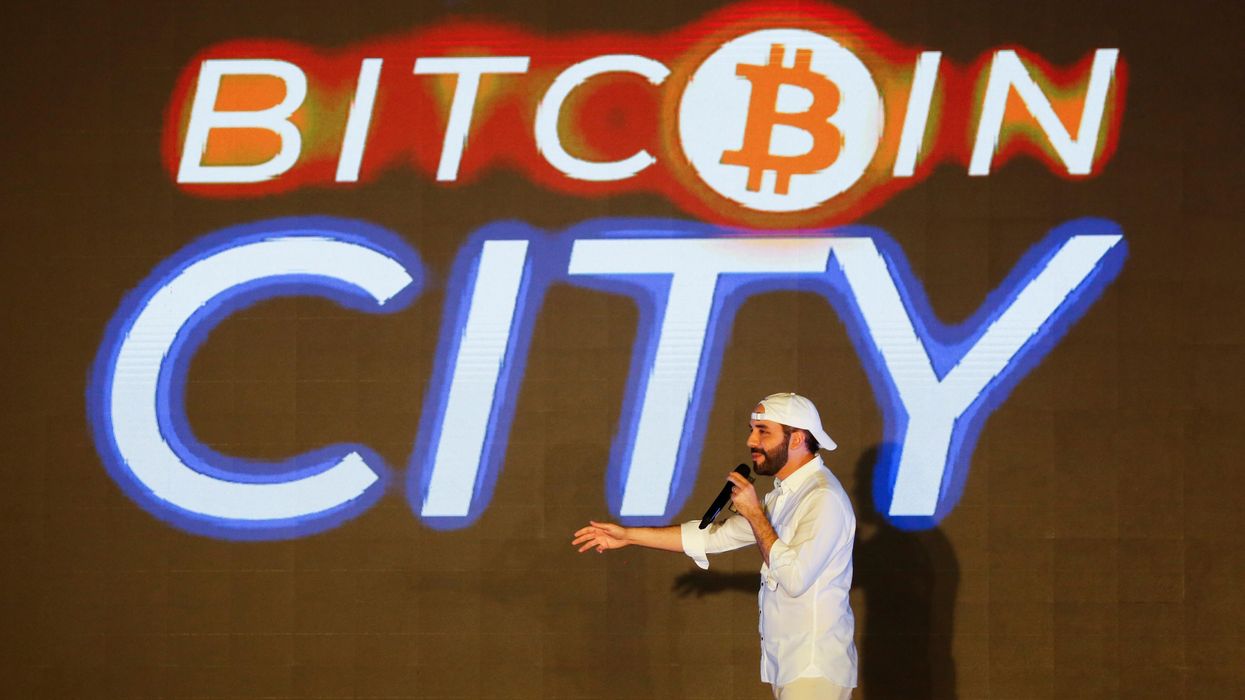News
What We’re Watching: Jan 6. hearings begin, Beijing’s Zero bet & Somalia famine warning
US House of Representatives holds Jan 6. hearings, China doubles down on zero-COVID strategy, and Hassan Sheikh Mohamud gets sworn in as Somalia's new president.
Jun 09, 2022


